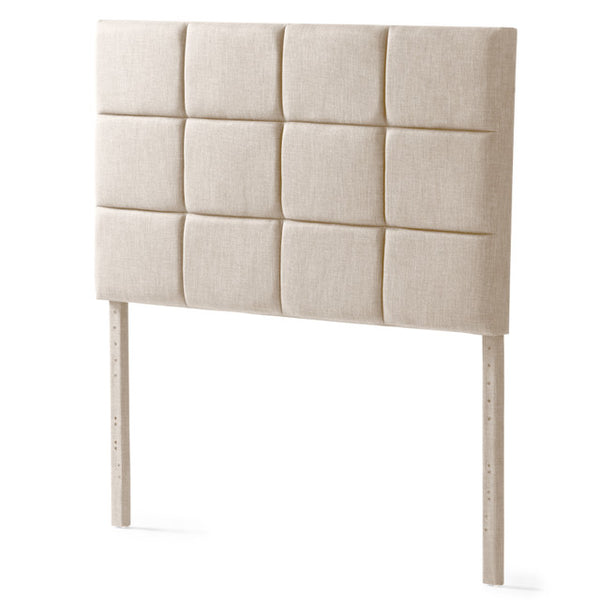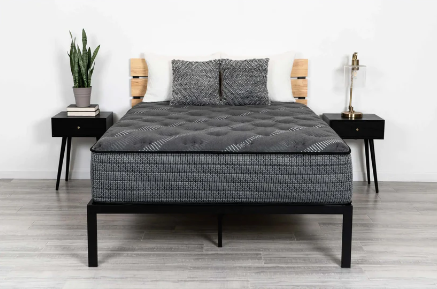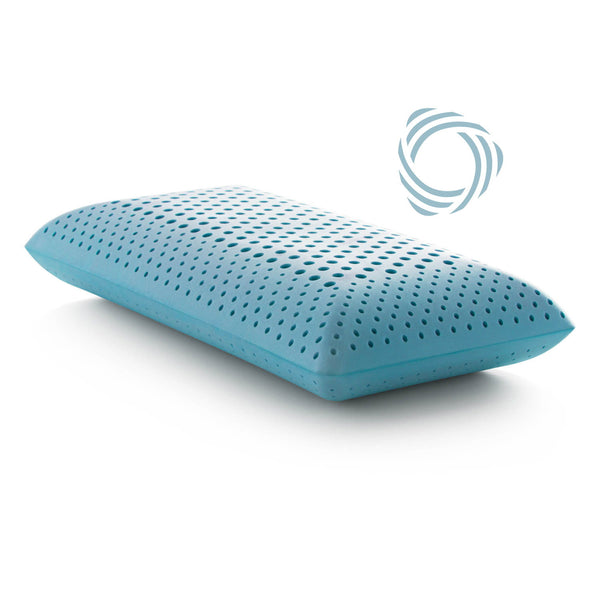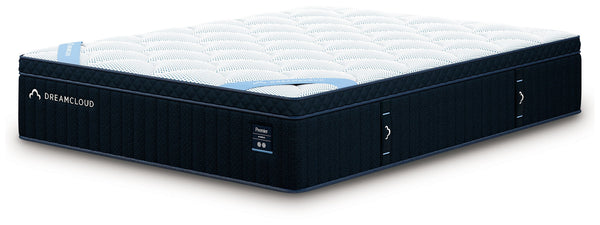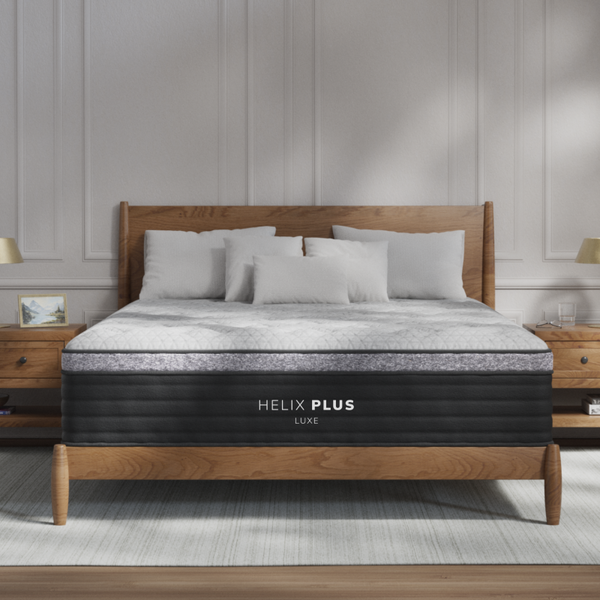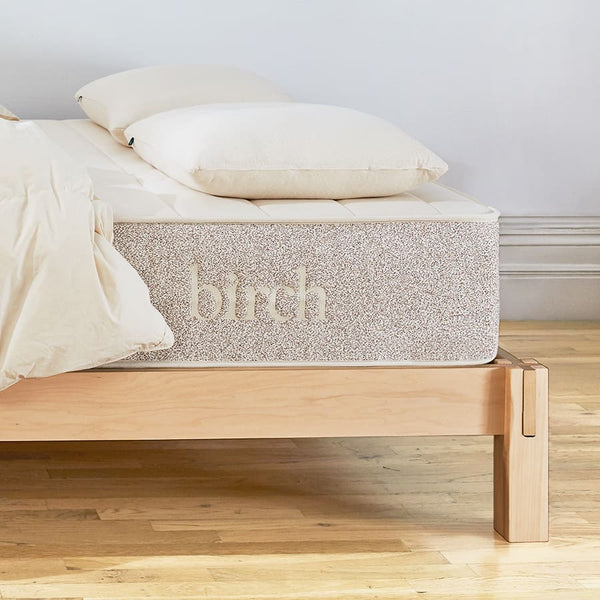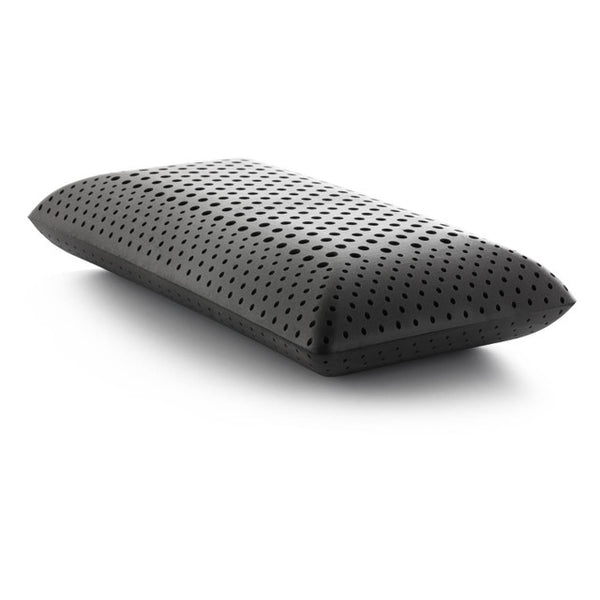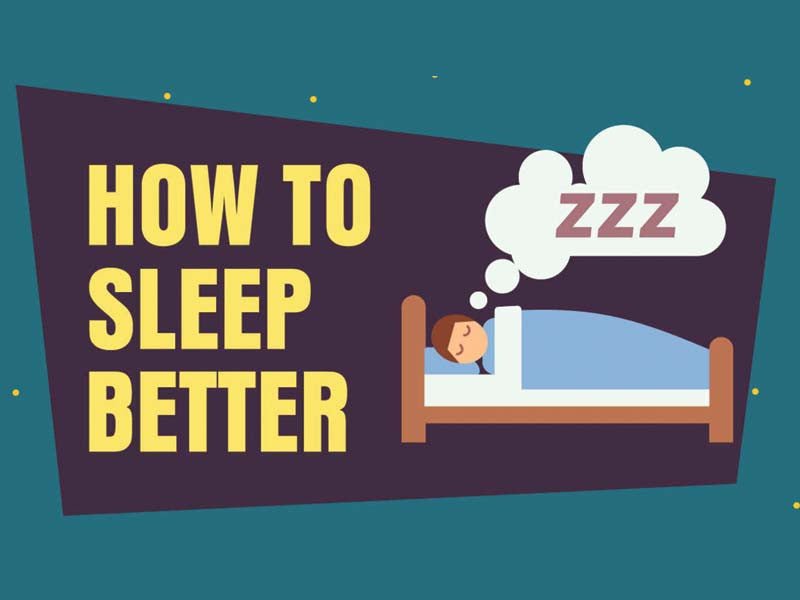
How to Improve Sleep Hygiene
Sleep is essential to both physical and mental wellbeing, yet finding restful slumber may prove challenging. Adopting healthy sleeping practices and optimizing the environment are the keys to finding restful slumber.
Change in habits may help, but for people suffering from sleep disorders other treatments may also be required1.
Set a regular bedtime
Establishing a personalized sleep schedule is an integral step towards improving the quality of sleep. A consistent routine can help your circadian rhythm regulate, which determines energy levels and alertness levels throughout your day.
Maintain a regular bedtime and wake-up time, even on weekends, as much as possible. Make gradual adjustments if necessary; making small shifts rather than one big jump can keep your schedule intact.
Maintaining a regular bedtime helps promote good sleep hygiene. A pre-sleep routine such as taking a warm bath, brushing teeth, reading a relaxing book or listening to soothing music can help relax and prepare you for restful restful slumber. Aim to start this ritual around an hour before bedtime - any interruptions from stressful thoughts and conversations prior to sleep could impede restful restful slumber - it might be beneficial keeping a sleep diary!
Avoid caffeine
Caffeine is a common stimulant used to increase alertness and physical performance, yet too much caffeine or taking it right before bed can negatively impact sleep quality and duration. Common sources of caffeine include coffee, tea, soda, energy drinks and chocolate as well as medications containing caffeine - so if you are having difficulty sleeping it's wise to reduce or avoid these products entirely.
Ideally, it is wise to refrain from caffeine consumption at least eight hours prior to bedtime so as to allow your body time to rid itself of any residue and lessen its impact on sleep.
Sleep hygiene education can be most effective when tailored specifically to a patient's current sleep/wake behaviors. For instance, someone struggling with insomnia could benefit from following specific recommendations, such as maintaining an exercise regime that doesn't interfere too closely with bedtime; not napping during the day; and creating an ideal sleeping environment at home. Patients experiencing persistent problems sleeping should consult with a sleep specialist in order to establish whether symptoms might be caused by clinical disorders like narcolepsy or apnea.
Create a calming environment
Sleep can help you feel refreshed and productive, as well as protecting against health issues like obesity, heart disease and type 2 diabetes. Good sleep hygiene involves creating daily and bedtime habits that promote restful restful rest - such as eliminating caffeine consumption, using blackout shades and creating an inviting sleep environment.
If you are having difficulty sleeping, your environment could be the cause. Bright light and noise can interfere with your circadian rhythm; therefore it is wise to remove electronics from your bedroom, invest in a sleep mask, white noise machine or white noise generator and choose a room with comfortable bedding - including new pillows or mattresses as needed.
While these tips can help improve your sleep, they won't solve all sleeping issues. If you suffer from chronic insomnia or another sleeping disorder, medical intervention may be required; but small changes to daytime and bedtime routines can make a big difference; experiment to find what works for you - don't give up if the first few attempts don't show instant results!
Avoid distractions
Sleep is essential to feeling focused and productive throughout the day. But being interrupted by phones or emails can make getting enough rest impossible. These disruptions may also contribute to feelings of anxiety and depression - therefore taking steps to limit or remove them may help immensely.
First step to creating a relaxing sleep routine is setting an easy bedtime and wakeup schedule that you can stick with. Next, remove distractions by turning off phones and other electronic devices before bedtime. Studies have also indicated that prolonged exposure to blue light may inhibit production of melatonin; keep your room dark when trying to fall asleep.
Note that these tips work best if you do not suffer from any sleep disorder such as sleep apnea or restless legs syndrome. If you still find it hard to sleep, consult a behavioral sleep medicine specialist or your physician for treatment options and to identify what may be causing insomnia - the most prevalent sleep disorder that can severely disrupt life.
Exercise regularly
Exercise during the day can help facilitate better restful nights by not only practicing good sleep habits at bedtime but also engaging in aerobic activities like walking, bicycling and jogging during the daytime. Studies have proven that aerobic exercises such as these aid insomniacs by triggering deep sleep cycles associated with muscle recovery and memory formation.
Sleep-wake cycles in humans are partially governed by an internal "clock", which stimulates hormone production such as melatonin in response to environmental and behavioral cues - in other words, their secretion syncs up with your natural 24-hour biological clock.
Tradition dictated that intensive exercise be avoided in the hours leading up to sleep because it could increase heart rate and adrenaline levels, disrupting restful slumber. But recent polls indicate that any form of physical activity, regardless of time or intensity level, may actually benefit your sleep hygiene; light yoga and light stretching exercises such as Pilates may be particularly helpful; choosing something you enjoy so as to stay consistent in your routine is also recommended.

